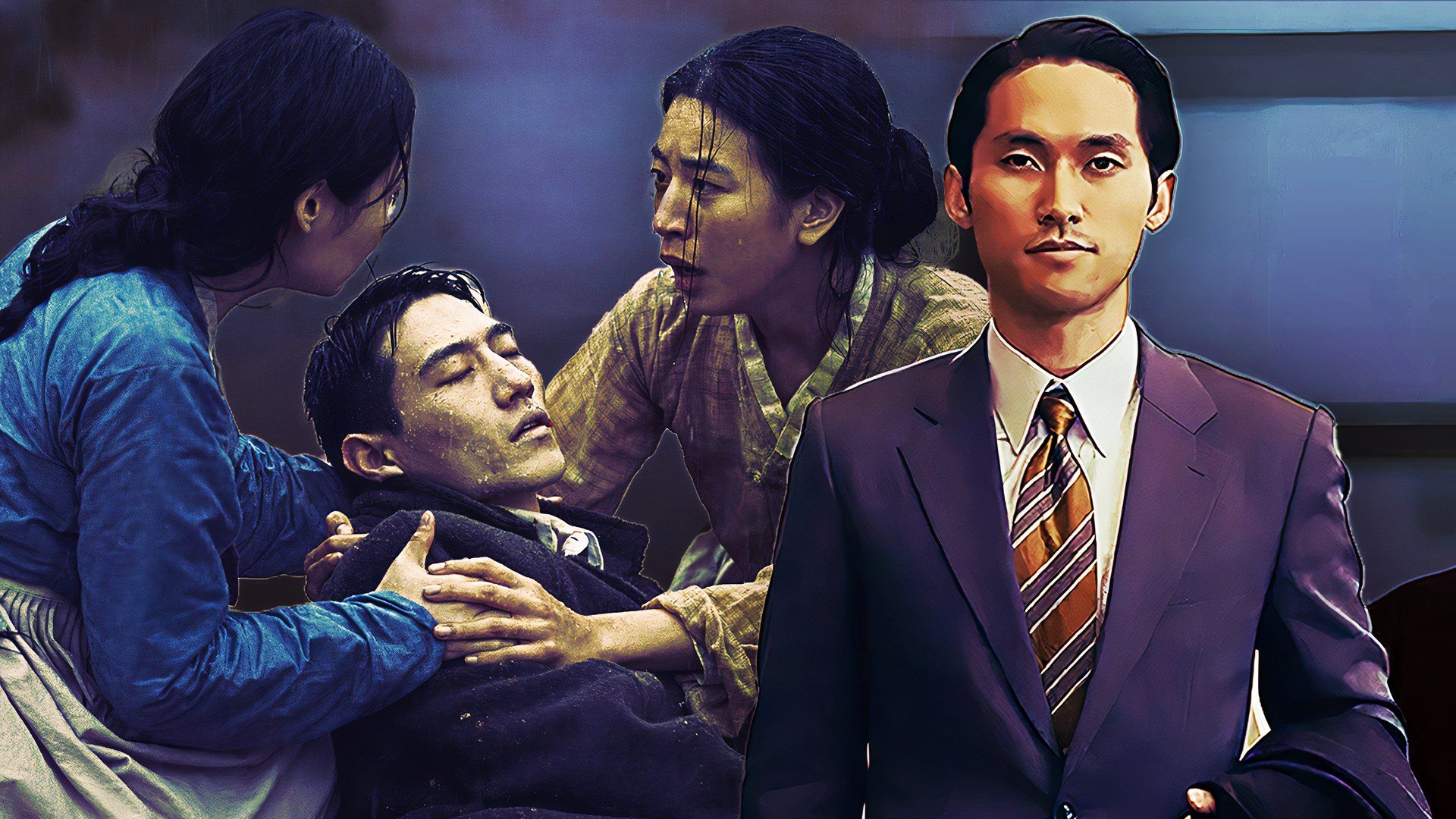
New to Apple TV+ on August 23, 2024, Season 2 of the highly underrated historical drama Pachinko is a must-watch. The acclaimed Korean drama based on the Min Jin Lee novel spans from 1915 to 1989, portraying four generations of Korean immigrants forging a better life in Japan and New York. Lauded for its rich historical context, top-notch writing, excellent performances, stunning photography, and profound message of perseverance, Pachinko is one of the most underrated TV shows in years.
Hailed by critics but yet to strike a chord among the masses, Pachinko is necessary for those interested in informative biographical history shows and entertaining character-driven drama about immigrants realizing the American dream. With Season 2 new to the platform, it’s time to explore where Kim Sunja and her lineage will go now as her family fights oppression, expands their reach, and travels abroad to pursue their biggest hopes and aspirations.
Pachinko Is a Generational Story
Pachinko is an American TV drama created by Soo Hugh for Apple TV+. Based on the 2017 bestselling novel by Min Jin Lee, the story concerns Kim Sunja (played by Youn Yuh-jung as an adult, breakout star Kim Minha as a young adult, and Yu-na as a child), a Korean forced to relocate to Koreatown in Osaka, Japan in 1915. The story jumps forward and backward in time to chronicle four generations of Sunja’s family.
In 1931, Sunja goes to Osaka to start life anew, leaving her family behind in Japan-occupied Korea. Jumping ahead to 1989 New York, the story focuses on Solomon Baek (Jin Ha), Sunja’s grandson, an English-speaking Yale graduate and aspiring business entrepreneur pursuing his dreams in The Big Apple. When Solomon returns to Japan and visits Sunja, he learns more about the trials and tribulations his family endured to give him a better life. Directed with keen observational candor by Kogonada and Justin Chon, the intricate historical TV drama marries superior storytelling with peerless craft to currently rank as the best drama on TV that few people know about.
Between Sunja’s upbringing and Solomon’s coming of age, Pachinko explores the life of Sunja’s son and Solomon’s father, Baek Mazasu (Soji Arai). The title “Pachinko” refers to the collection of Pachinko gaming machines owned by Baek, the source of great wealth the family has attained internationally. As the story jumps back and forth in time, a compelling picture of a family overcoming racial discrimination and Japanese oppression to achieve success comes into sharp focus. The small character-driven moments add to a grand gestalt of a sum greater than its parts.
The Overwhelming Critical Praise for Pachinko
Without much marketing and promotion by Apple TV+ to draw viewers in, the critical plaudits for Pachinko serve as its main advertisements. The first season of Pachinko was included in at least 14 media outlets’ lists of the Top 10 TV Shows of 2022, including Entertainment Weekly (#1), The Hollywood Reporter (#2), Vulture (#2), Slant (#6), TV Insider (#6), TV Guide (#8), Rolling Stone (#9), TV Line (#9), and more. Pachinko also holds a 98% Rotten Tomatoes rating and an 88% audience score, indicating widespread appeal among critics and general TV watchers. The site’s consensus among critics reads:
“Intricate yet intimate,
Pachinko
is a sweeping epic that captures the arc of history as well as the enduring bonds of family.”
The show’s brilliance is telling an intimate personal story against the backdrop of great historical change. As Sunja helps her family achieve a better existence, it comes at the unforgettable cost of enduring harsh treatment from Japanese colonizers following wartime. The show shines a light on the marginalized victims hardly mentioned in American history classes, giving viewers a sobering yet optimistic glimpse of the Korean experience in the 20th century.
Beyond the compelling stories, the handsome production values speak to the financial resources poured into the show by Apple. The show feels epically cinematic, transporting viewers globally across different epochs. Sunja is shown as a little girl in 1910 Korea, where her independent nature is tamped down by oppressive patriarchy. As a teenager, Sunja is told by her dying father that goodness awaits her in the world, only to have her eyes opened to the harsh cruelty of Japanese rule.
By the time viewers see Sunja as a grandmother in New York, she has fully assimilated into the American lifestyle without forgetting the path it took to get there. Between the small doses of humanity and the larger historical context, Pachinko transcends most TV dramas to become something genuinely special. As such, those who missed Season 1 need to catch up with Sunja’s story before tuning into Season 2. Those who enjoyed Minari (also starring Youn Yuh-jung in an Oscar-winning performance) or Kogonada’s feature debut, Columbus, are in for a real treat with Pachinko.
What to Look Forward to in Pachinko Season 2
Beginning on August 23, 2024, Pachinko Season 2 will explore Sunja’s lineage and family legacy during World War II. The story picks up in Osaka, Japan in 1945 as WWII ends. After the war, Sunja is forced to make harrowing sacrifices for her husband Isak (Steve Sang-Hyun Noh), who is detained by Japanese forces. Left to raise her two children alone with only the help of her sister-in-law Kyunghee (Jung Eun-Chae), Sunja must make difficult choices that will alter the consequences of her family for generations.
Pachinko Season 2 also explores Korea’s role in WWII, advancing its opposition to Japan and China and allying with the United States. Against the backdrop of international war, Season 2 of the realistic historical TV drama continues Sunja and her family’s dogged pursuit to overcome tragedy and find triumph at home and abroad. In a profoundly uplifting and hopeful tale of persistence and perseverance, Pachinko weds well-drawn characters with outstanding cinematography and performances to tell a highly compelling historical drama with remarkable intimacy. Pachinko is available to stream on Apple TV+.
